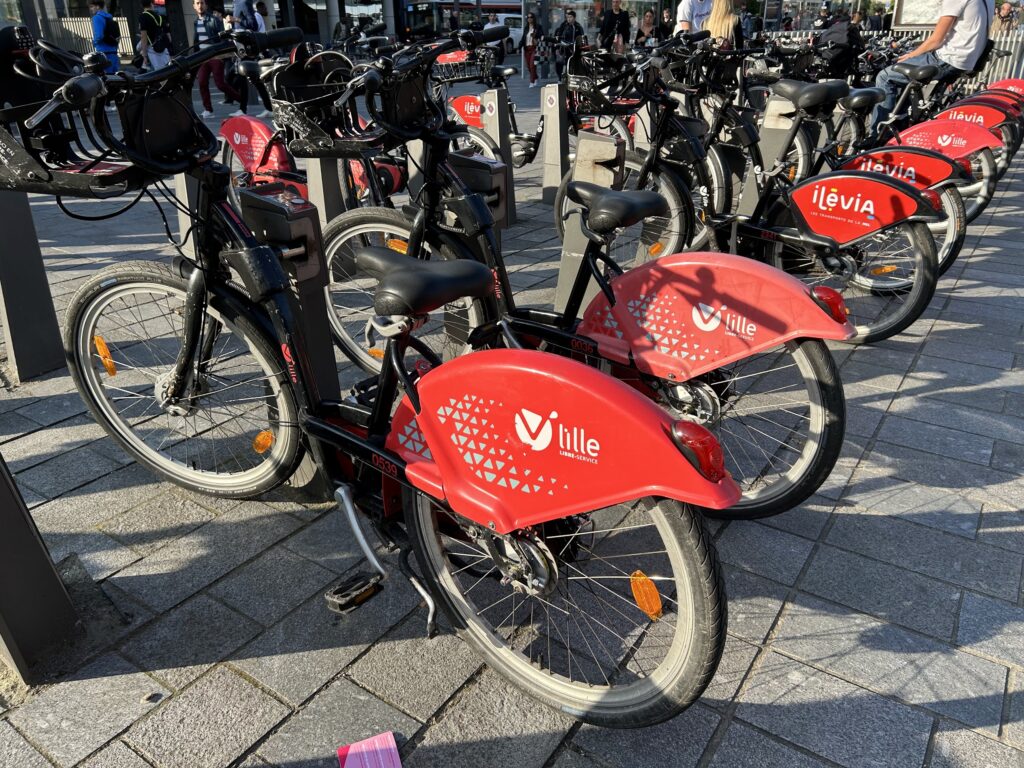Financing remains a tricky issue. Although European funds such as the Social Climate Fund can play a role, Isabelle Vandoorne from DG MOVE emphasized that public-private partnerships will be essential for the future development of bicycle sharing initiatives.
Paris and Antwerp lead the recently conducted innovative benchmark study by Cycling Industries Europe (CIE) into bicycle sharing systems in 148 European cities. Using the number of daily trips per 1.000 inhabitants as a benchmark, both cities are leading in Europe. The study, entitled “Shared Ambitions”, is the first of its kind and shows that there is great potential for the expansion of bicycle sharing systems in many European cities.
The CIE collected data from cities that, according to the European Commission, are leading in the transition to urban mobility. This includes 100 cities participating in the EU Climate Neutral Cities Mission and the 48 largest urban nodes in the Trans-European Transport Network (TEN-T). Together, these 148 cities represent two-thirds of the population in the 400 TEN-T cities. These cities also receive targeted funding from the EU and Member States for improvements to their mobility systems.
From the research of CIE shows a great inequality between cities that perform well and the so-called 'latecomers'. While the top five cities – Paris, Bordeaux, Antwerp, Toulouse and Lyon – record an average of 19 or more bike rides per 1.000 inhabitants, many other cities lag far behind, mainly due to a lack of bike-sharing infrastructure. About 3,3 million city dwellers in Europe currently do not have access to a bicycle sharing service. However, if cities with lower scores were to follow the example of Paris and Antwerp, it would lead to 1,7 million additional cycling trips per day in Europe, or around 600 million per year.

According to CIE estimates, reaching the performance levels of cities such as Paris and Antwerp would require an additional fleet of 200.000 shared bicycles in Europe. This would bring the total number of bicycles to 423.000 for the cities included in the study.
Isabelle Vandoorne van DG MOVE spoke during a recent webinar organized by CIE on the need to diversify financing. She emphasized that both private investment and public financing are needed to fully realize the potential of bicycle sharing. Although some Member States have used recovery funds to support cycling projects, public-private partnerships are needed to really get bike sharing initiatives off the ground.
According to the CIE, there is great potential for bicycle sharing to become more common in European cities. In addition to the health benefits and safer streets for their residents, cities can also achieve significant reductions in carbon emissions. If other European cities followed the example of the top cities, the CIE estimates that 2 tonnes of CO250.000 emissions could be saved every year.



